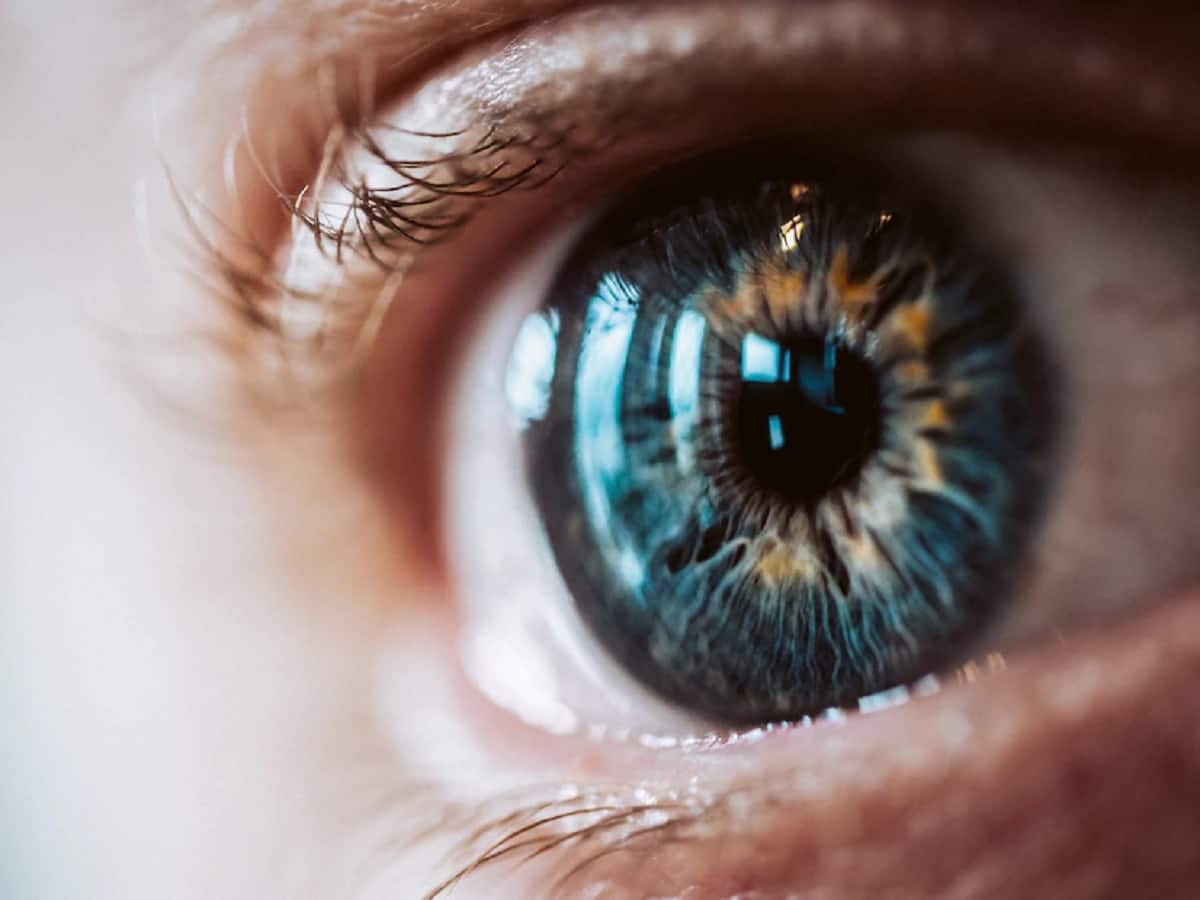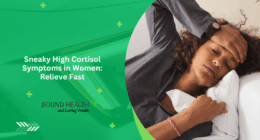Vitamin Deficiencies can lead to  Vision Loss Risk. Is your vision weak? You may suffer from two types of vitamin deficiency.
Vision Loss Risk. Is your vision weak? You may suffer from two types of vitamin deficiency.
Vitamins and minerals are those essential nutrients that keep the body healthy and protect it from many diseases. In addition, vitamins are vital in fighting infections, bone strength, brain function, and hormonal balance. Recently, the United Kingdom’s National Health Service (NHS) released a study report stating that two types of vitamin deficiencies are responsible for losing eyesight. Let us tell you that the body requires 13 essential vitamins available from various food sources. The function of each vitamin is different in the body. Many symptoms ranging from fatigue, weakness, dizziness, and irritability to loss of bone density, from frequent injuries to changes in skin colour, are signs of vitamin deficiency. So let’s know which are the two vitamins that affect eyesight.
Vitamin B12 Deficiency:Vitamin B12 is a nutrient essential for the function and development of cells, and its deficiency can lead to optic neuropathy. Its lack ends the eyesight. This has come to the fore in the Association of Schools and Colleges of Optometry report.
Signs Of Vitamin B12 Deficiency
- Pin and needle prick in an arm or leg (paresthesia)
- Changes in thinking, feeling and behaviour
- Loss of concentration and feeling faint
- Light yellowing of the skin
- Irritability and depression
- Red tongue (glossitis)
- Mouth ulcers
- Dementia
For vitamin B12, you take ham, poultry, sheep, fish (tuna and haddock), seafood such as shellfish and crab, and dairy products such as eggs, milk, cheese and yoghurt.
Vitamin A Deficiency: According to the WHO, a lack of vitamin A causes the cornea to dry, leading to blindness. In addition, the deficiency of this vitamin causes damage to the retina and cornea. Statistics from the Global Health Agency show that an estimated 2,50,000-5,00,000 children who suffer from vitamin A deficiency develop blindness.
Signs Of Vitamin A Deficiency
- According to the WHO, night blindness is the first symptom of vitamin A deficiency.
- Other symptoms include infection and xerophthalmia – a condition in which the eyes become very dry and itchy.
According to the NHS, cottage cheese, eggs, oily fish, fortified low-fat spreads, milk, yoghurt, and liver products will reduce vitamin A deficiency.
Conclusion:At the same time, eat things containing beta-carotene as the body can convert it into retinol. For example, mangoes, papayas and apricots are good sources of beta-carotene.










